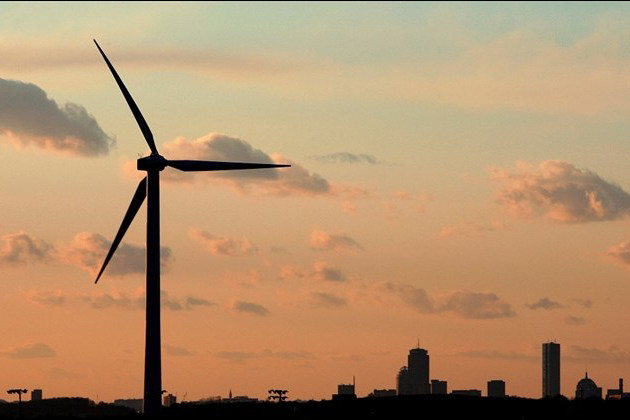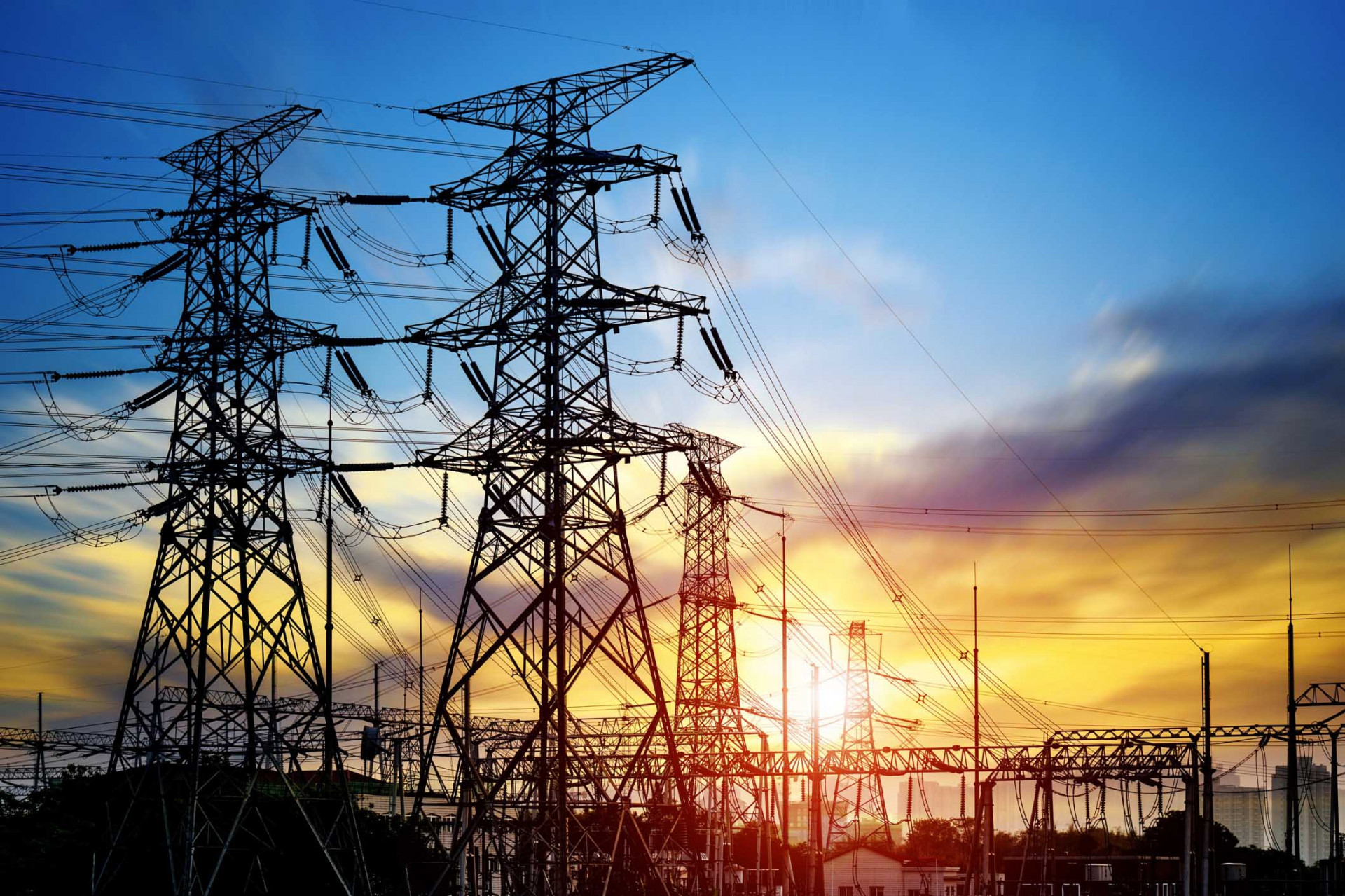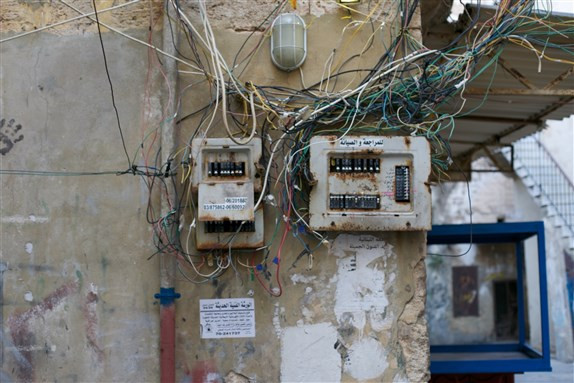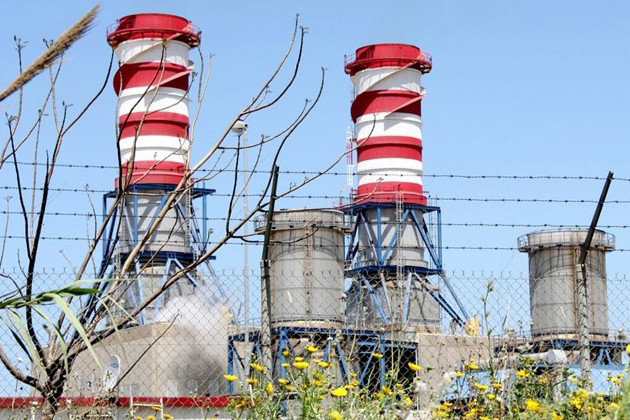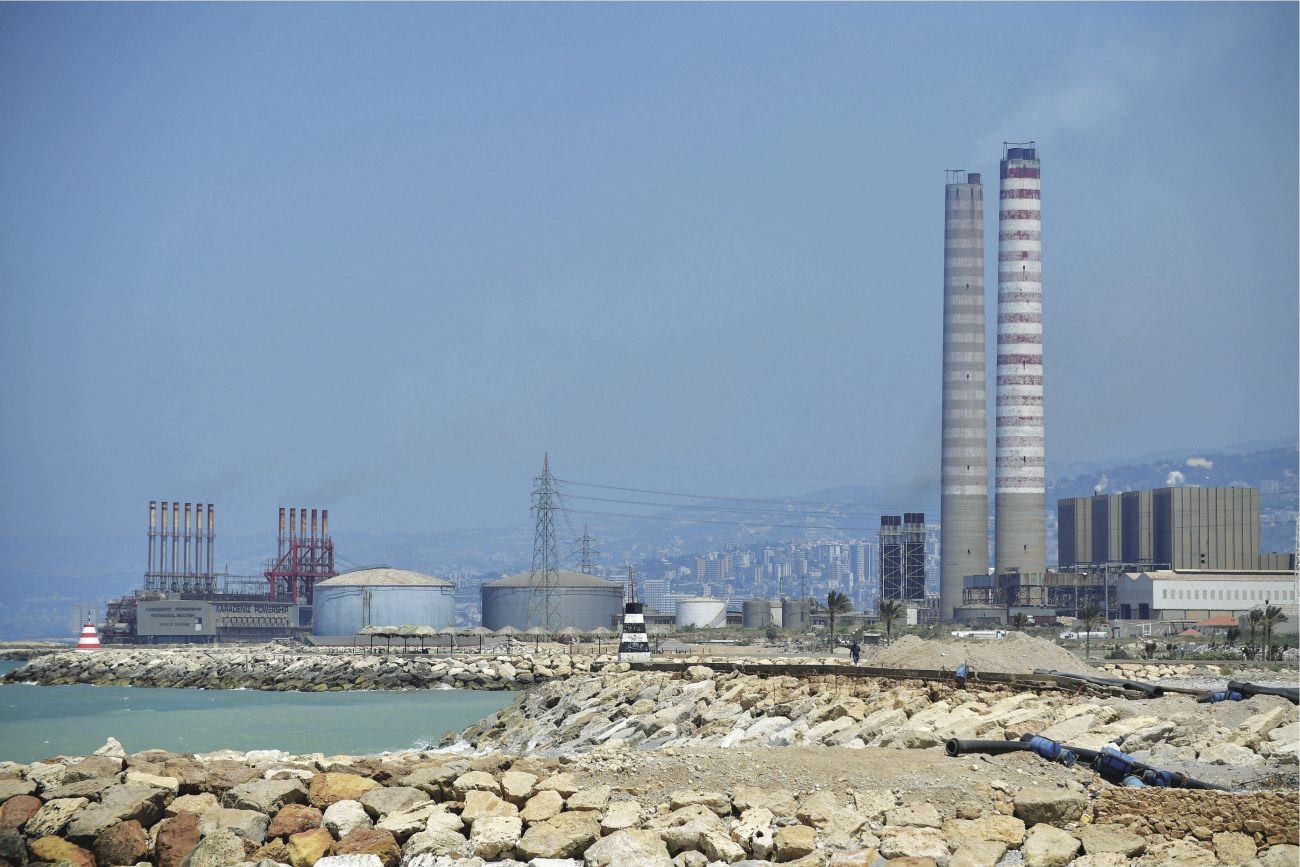Letter addressed by Kulluna Irada and The Lebanese Foundation for Renewable Energy (LFRE) to CEDRE donors:
Today, Lebanon has an opportunity to immediately leapfrog into the green energy revolution by leveraging its current natural resources (sun, wind and water) in order to generate sustainable electrical power. Such energy production, aligned with least-cost planning, will not only provide a local, fast, cheap and clean solution to its energy crisis. It will also contribute to the country’s path out of its current economic crisis by reducing its hard currency outflow, shrinking the government’s budget deficit, stimulating the economy, preserving the environment and improving the welfare of the population.
To achieve this vision, the Lebanese Foundation for Renewable Energy, with the support of Kulluna Irada is promoting a transformational energy transition. LFRE has developed a plan to provide 35% of Lebanon’s energy by 2025 with renewable energy and 50% by 2030. This plan will substantially reduce our dependence on imported fossil fuels which represent today 97% of our energy production. It will remove polluting plants from our coastal areas, where a vast majority of the Lebanese population live, and build renewable energy projects in our underdeveloped rural areas. LFRE and CNRS mapped 25 GW of solar and wind sites including 5 GW on available public land. With AUB and Strategy& they also evaluated optimal energy mixes and calculated their economic and social impact. This plan was presented by LFRE to the Ministry of Energy in May 2019. It was dismissed on no solid basis.
In February 2020, the World Bank confirmed this vision by including 4700 MW of renewables in the White Paper it submitted to the government and by commissioning an internationally renowned consultant, EDF, to prepare a Least Cost Generation Plan. The EDF draft report recommends to significantly increase investments in green energy projects. This study is the first of its kind in 30 years as it evaluates how Lebanon can optimize its energy production, minimize costs and reduce pollution from fossil fuels, based on technical, economic and environmental grounds, and away from politics and cronyism.
EDF calculated the optimal energy mix for Lebanon to reach, with the least cost, 24/7 electricity in the next 2 years and to satisfy its medium and long-term energy demand. This study was not released publicly yet, pending ongoing technical discussions. Because of its importance, we believe that this debate should be transparent and open to the public.
EDF recommends to rapidly ramp up, as the rest of the world, green energy generation to 37% of our energy production by 2025 (close to 4400 MW of solar, wind and hydro projects), by switching to natural gas. In addition, the study eliminates new plants, such as Selaata, which, if built, would be to the detriment of much cheaper renewable energy production. Jordan today faces this ‘trap’ and has to buy electricity from gas plants at four times the price of solar power. The green scenario will substantially improve Lebanon’s balance of payments, enhance its energy security, and create thousands of jobs mainly in Lebanon’s poorest regions.
Yet, the recent May 12th decision by the Council of Ministers (CoM) and the CEDRE presentation on the energy sector on May 18th disregard energy transition and focus on the power plants to be built along the coastline. This policy which favors very little renewables (only 5% of the total mix) is described by EDF as the ‘All Thermal’ scenario. Under this scenario (the only one out of seven different scenarios evaluated by EDF, where the Selaata power plant is maintained), yearly fuel imports in 2025 will cost $1,1 billion instead of $757 million (with 37% penetration of renewable energy), adding each year an extra 45% to our fuel bill, and hindering the deployment of green energy solutions.
In addition, while renewables prices are fixed over 30 years, relying on fossil fuels leaves Lebanon vulnerable to international oil price fluctuations. The EDF assumption is based on oil at $40 per barrel while its average cost was $64 per barrel in 2019. If oil goes back up to that level (as expected with economic recovery and reduced petroleum investments), Lebanon’s energy bill will increase by a total of $1 billion a year.
EDF also evaluated how the transition to renewables will tackle climate change and reduce C02 emissions to a third of its current level, from around 696 g/KWh in 2020 to 284 g/KWh in five years and 236 g/KWh in 2030. With the ‘All Thermal’ solution, CO2 emissions will be 56% higher in 2030. Air pollution resulting from fossil fuels will keep on decimating many of our citizens’ lives as supported by a 2020 report by Greenpeace. This study tragically ranks Lebanon as having one of the highest death rate per capita in the MENA region, along with Egypt, due to fossil fuel energy production; with such pollution causing in 2018 an estimated 1800 to 4200 deaths.
In conclusion, the Government seems intent on perpetuating its appalling record of the past 20 years, by sticking to an outdated electricity model, based on a 10-year old plan; while all the technical and economic parameters in the sector have changed dramatically since then. It is avoiding discussion on ambitious green alternatives and ignoring recommendations from the World Bank, its consultants and our energy experts. Dirty electricity production has caused numerous diseases and deaths, cost nearly $500* million yearly to our healthcare system and buried the country with $36 billion* in public debt, without even meeting the country’s electricity demand. By contaminating the coast with so many plants and by building new ones, it is also helping destroy Lebanon’s natural beauty and pollute the few remaining clean coastline stretches, thus jeopardizing our tourism industry.
Today, as Lebanon prepares to request international support, both from the CEDRE donors and the IMF, such disregard to cheaper and cleaner alternatives will hurt the chances for our country to receive all the help it needs to build a better future, solve its economic and electricity crisis and clean its environment. All donors including the World Bank and the European Union have already suspended their financial support to the Ministry of Energy for its lack of progress on governance and reform. In addition, many International Financial Institutions (World Bank group, EBRD, EIB, AFD) have expressed their preference to finance clean energy. The European Investment Bank which pledged €800 million to Lebanon through the CEDRE program went even further by announcing that it will finance exclusively renewable energy projects.
Our country, which the current energy policy has contributed to bankrupt, cannot sustain such continued disregard to public funds, to the environment, to the economy and overall, to the health, quality of life and well being of our citizens. It must immediately embrace a transformational, forward thinking new energy model based on sustainable, least-cost development. This is the change we are all thriving for.
*Strategy&/AUB/LFRE May 2019 study ‘Lebanon’s Electricity Sector – Leapfrogging to Higher Penetration of Renewables’.

